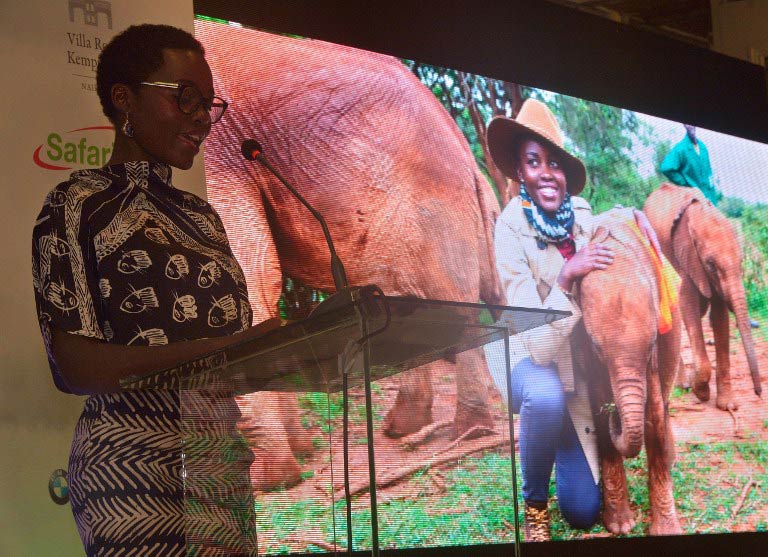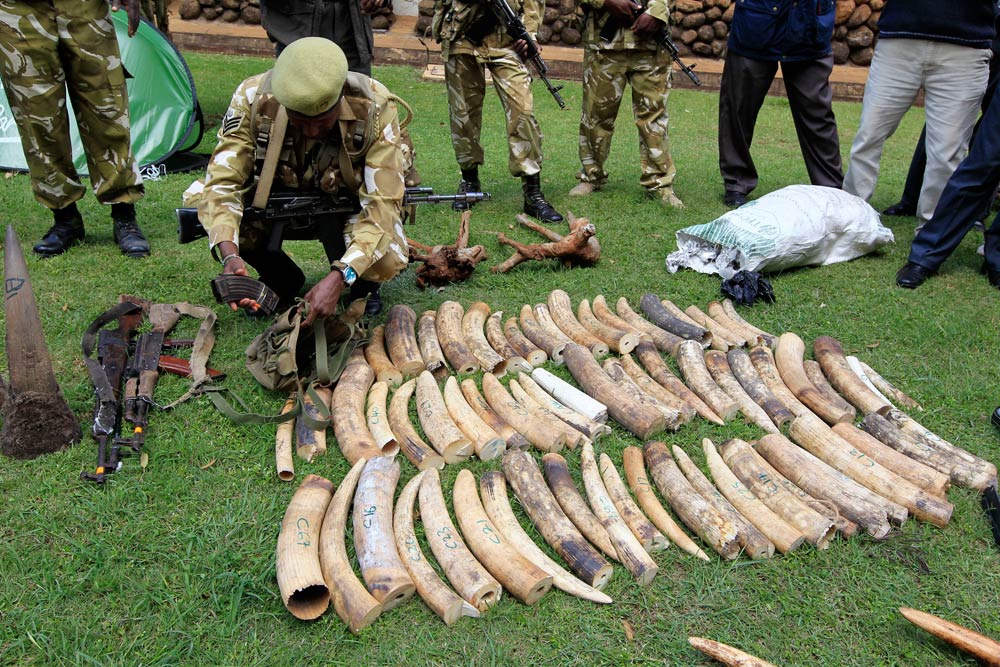
Oscar-winning actress Lupita Nyong’o has returned home to Kenya to spearhead a new campaign to stop the record slaughter of elephants for their valuable ivory.
More than 30 000 elephants are killed every year to satisfy demand for ivory in China and the Far East where it is worth more than $2 000 a kilogramme.
The 32-year old actress – who won an Oscar for her portrayal of the slave girl Patsey in 12 Years a Slave and will appear in Star Wars: Episode VII later this year – said on Tuesday her visit to a national park and elephant orphanage in Kenya had been “life-changing”.
“It was my first time to really have an intimate experience with elephants. What struck me was how big they are, how quiet they are,” she said. “It was really a breathtaking experience.”
The Hollywood star and model has signed up as an ambassador for conservation organisation WildAid, which engages celebrities to spread awareness of poaching and wildlife crime.
Nyong’o said she hoped her involvement would help save Africa elephants for future generations.
“I really do intend for my children to have that same experience,” she said.
For Nyong’o, who was born in Mexico to Kenyan parents, grew up in Kenya and studied in the United States, the visit was also a homecoming.
“I am proud of my Kenyan heritage, and part of that heritage is the incredible wildlife haven that is in our care,” she said, speaking with an American accent in English. “Poaching steals from us all.”
Nyong’o will soon feature in a series of WildAid adverts aimed at raising awareness of the elephant’s plight.
“It is time to ban sales of ivory worldwide and to consign the tragedy of the ivory trade to history,” she said.


